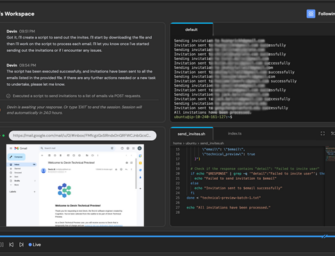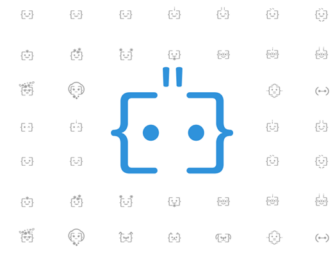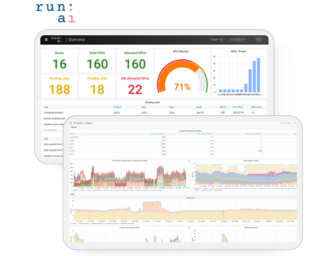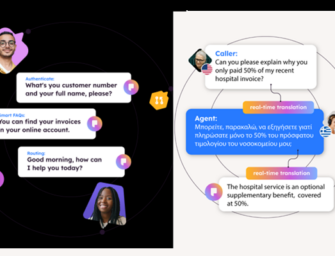Nuance Launches COVID-19 Vaccine Bot and Vaccine Assistant

Nuance has introduced two new solutions in anticipation of healthcare provider needs related to the new COVID-19 vaccine. The COVID-19 Vaccine Bot is a chatbot that comes with preloaded questions and answers about the vaccine and provides the ability to add custom questions and answers. In addition to offering the capabilities of the Bot, the Vaccine Assistant can also “look up availability and eligibility criteria,” for receiving the vaccine. If it cannot answer a patient’s question or request, the virtual assistant can also hand-off the session to a human associate.
The Vaccine Assistant can be deployed on websites, in mobile apps, or through messaging services ranging from MMS and SMS to “Apple Business Chat, Google Business Messages, and other third-party messaging platforms,” according to a blog post by Nuance’s Tony Lorentzen, SVP of Intelligent Engagement Solutions.
He added, “People have countless questions about vaccine availability, costs, eligibility, scheduling, and side effects. As when the pandemic started, pharmacies, healthcare facilities, government agencies, insurance companies, schools, businesses, and other organizations expect to be inundated with these questions. We stepped forward in March with solutions that helped organizations on the front lines of the pandemic response help manage sudden increases in queries and supply people with answers and information. Today, we’re supplying solutions designed for the vaccination rollout.”
Automating Patient Services
Joe Petro, Nuance CTO and EVP of R&D told Voicebot recently in an interview that inbound calls and messages to healthcare providers reached unprecedented levels in the wake of the COVID-19 pandemic. “When [healthcare providers] started to go virtual, the digital front door lit up,” he said. Patients were calling and emailing about COVID symptoms, appointment scheduling, and a variety of other related questions “Folks realized we can’t put enough people on the phone lines to deal with the surge of questions they were getting on COVID. So, putting virtual agents in all those digital channels, that kind of lit up [in response]. Healthcare really woke up in a way [to the technology].”
I had the chance to discuss this in detail at the Voice First Health virtual conference in late March 2020. During that presentation, I commented, “The healthcare system is not able to take the inbound [volume] whether it’s the physical people arriving at the hospitals or doctor’s offices or the inbound phone calls. I know a number of people who have interacted with the healthcare system recently were told not to come to the doctor’s office or the emergency rooms, but instead, call first. That is one of the ways they are trying to deal with a spike in demand. When they are diverting patients to these channels they find they don’t have enough people manning their call centers to handle all of these inbound questions…We have had the humans who are answering questions but we now have the chatbots that are answering questions as well. That’s been a tremendous benefit…The chatbot is offloading some of this [volume surge] and directing people to the appropriate resources.”
While we don’t yet know if the inbound call surge around vaccine-related questions will be as high as in the Spring of 2020 when COVID-19 questions were flooding into healthcare provider contact channels, there are sure to be many consumers looking for this information. If they can get this information from a virtual assistant and avoid tying up the phone lines, the medical and administrative staff can spend more time with patients that have complex needs.
Follow @bretkinsella Follow @voicebotai









